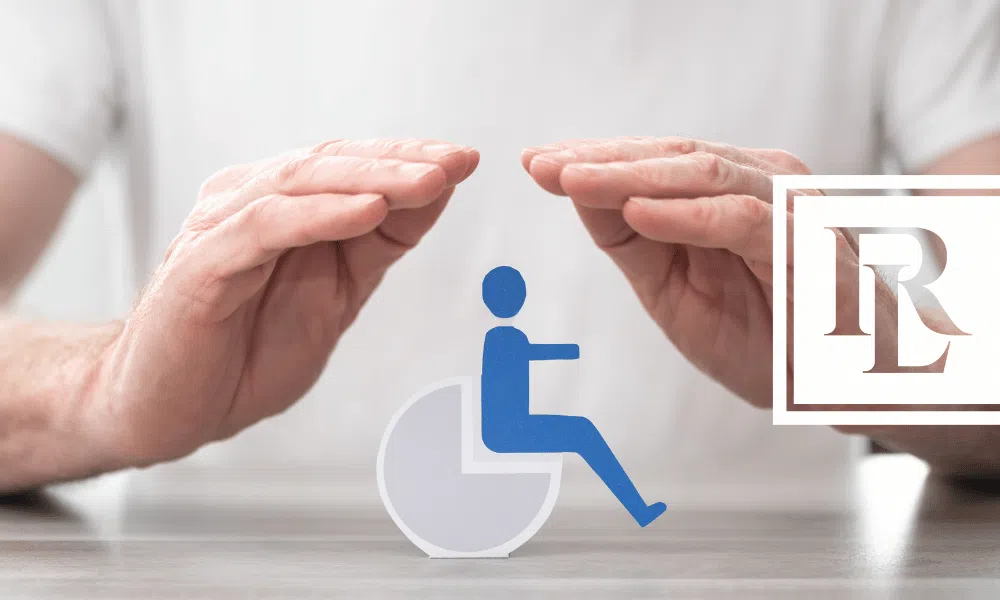The Social Security Administration offers a disability program to those who have paid into Social Security and are unable to work due to a medical condition – Social Security Disability Insurance. However, there are certain requirements that must be met in order to qualify for these benefits.
Work History
To qualify for Social Security Disability Insurance, you must have a work history that has required you to pay into Social Security. We typically look at the last 5 out of 10 years to see if you reach the standard.
Disability
The next step is to prove disability. These are some common diagnoses that qualify; however, the Social Security Administration has their own definition for disability. You must be able to show that you fall under that standard. According to the SSA, you must be incapable of any form of gainful employment, which means you can’t continue in the last job you held and are unable to work in any capacity. The SSA also has a list of diseases and conditions that already meet their standard, so if your condition matches the signs and symptoms of any approved condition, you may automatically qualify.
Next Steps
Upon finding out that you have paid enough into Social Security and are unable to hold any form of employment, you may apply for Social Security Disability Insurance. Hiring an experienced Social Security Disability lawyer increases your likelihood of winning your case. The attorneys at Rob Levine & Associates will contact your medical providers and ensure that your file at Social Security has the information needed to win approval for benefits. Contact us for a free case evaluation and let us be your advocate for Social Security Disability Insurance.






